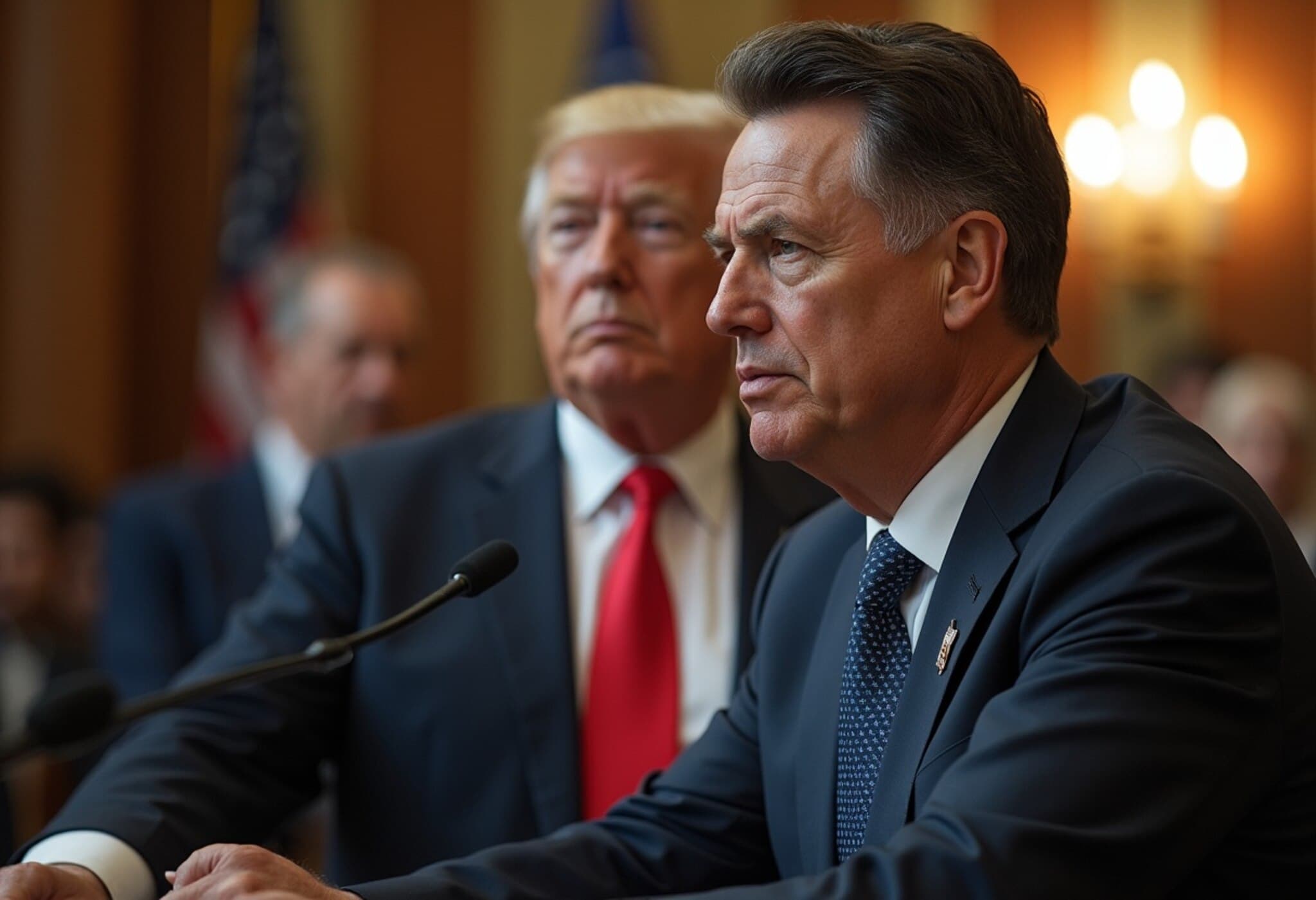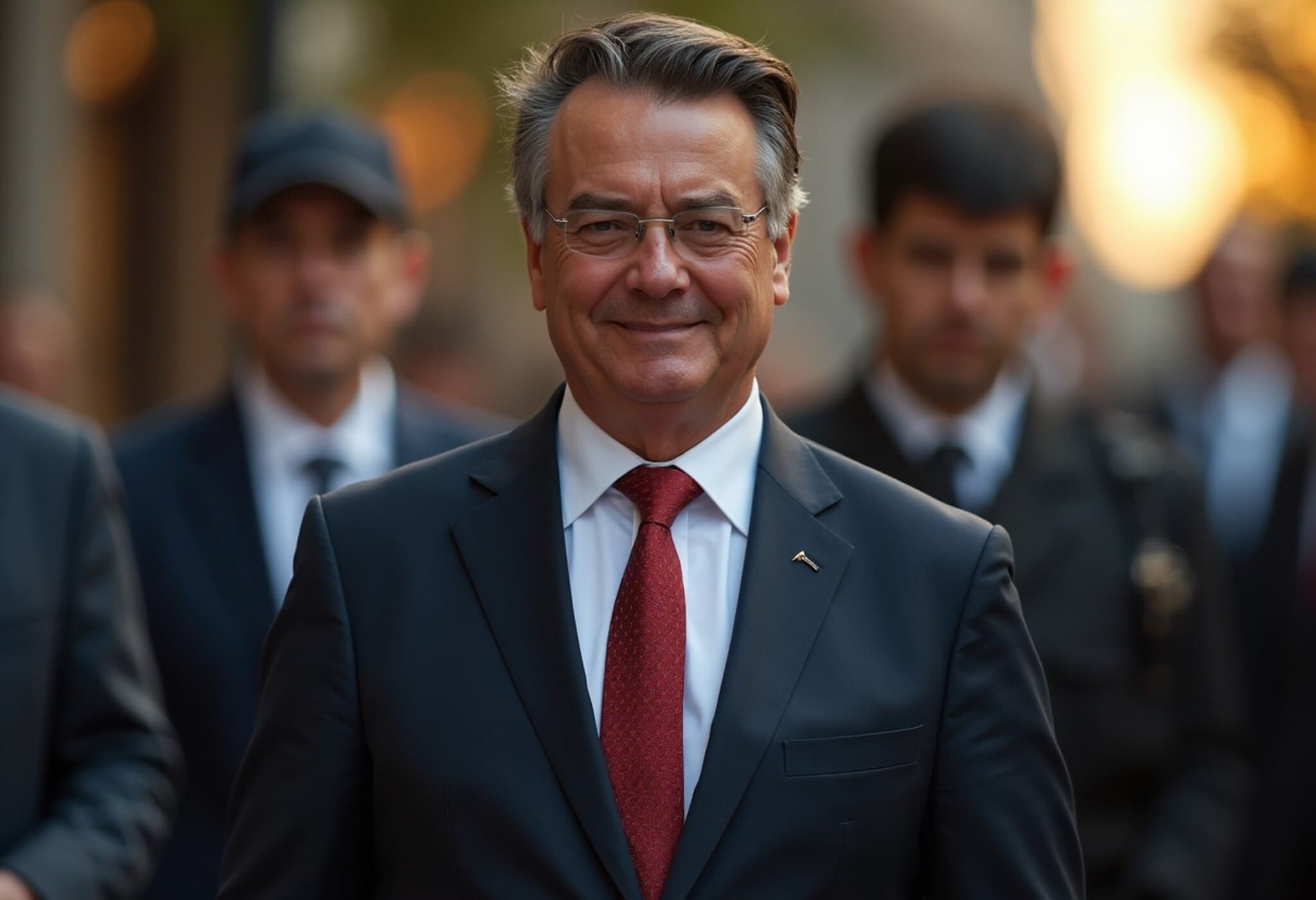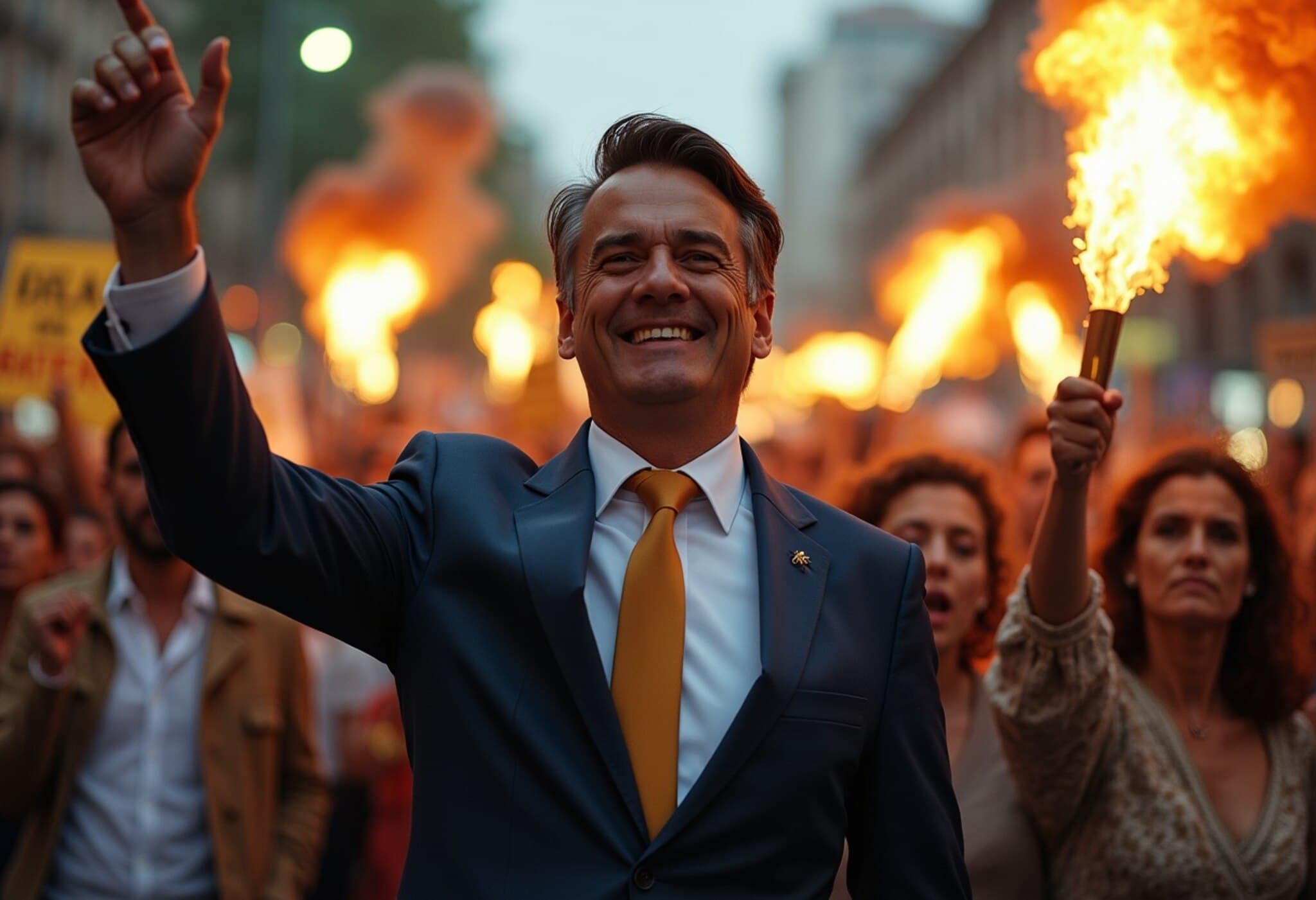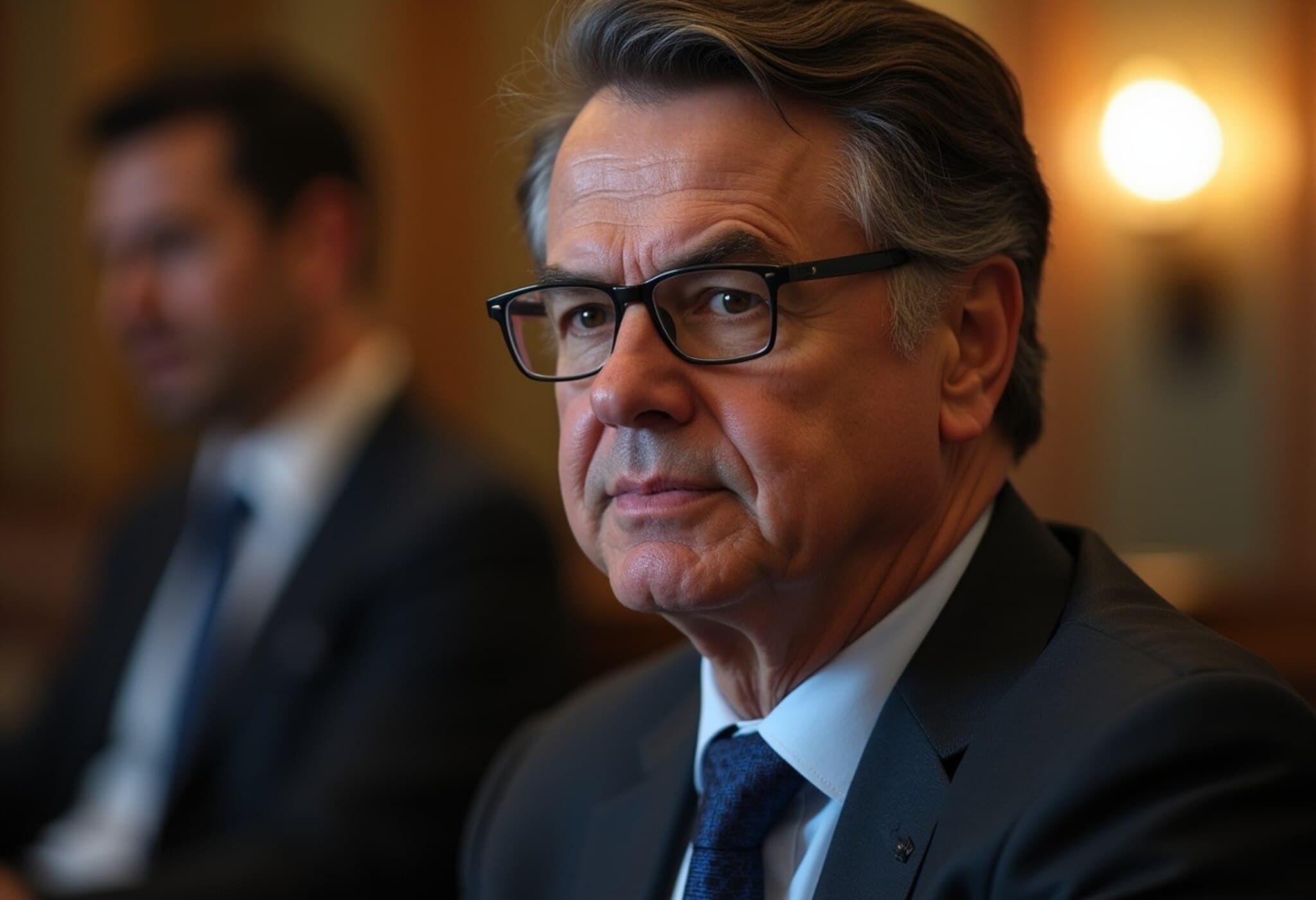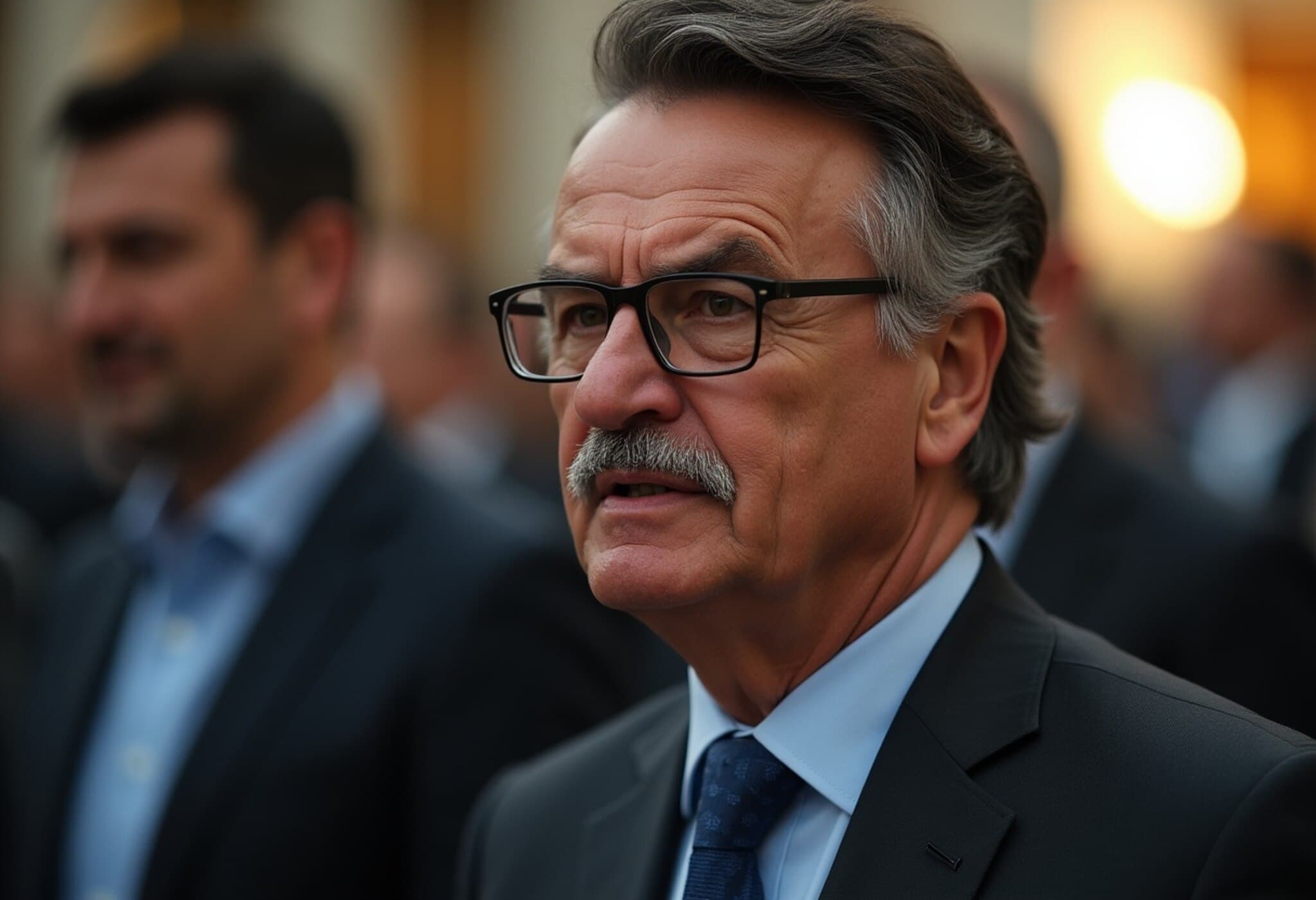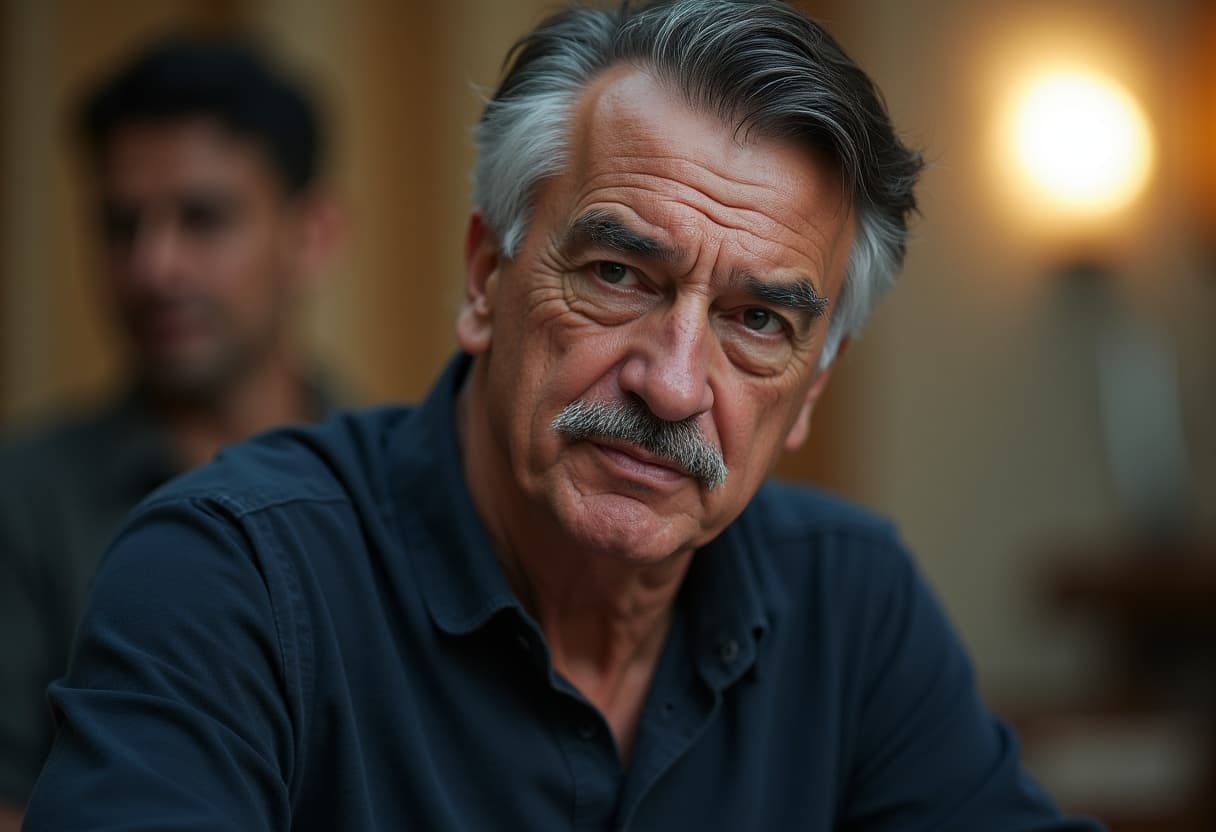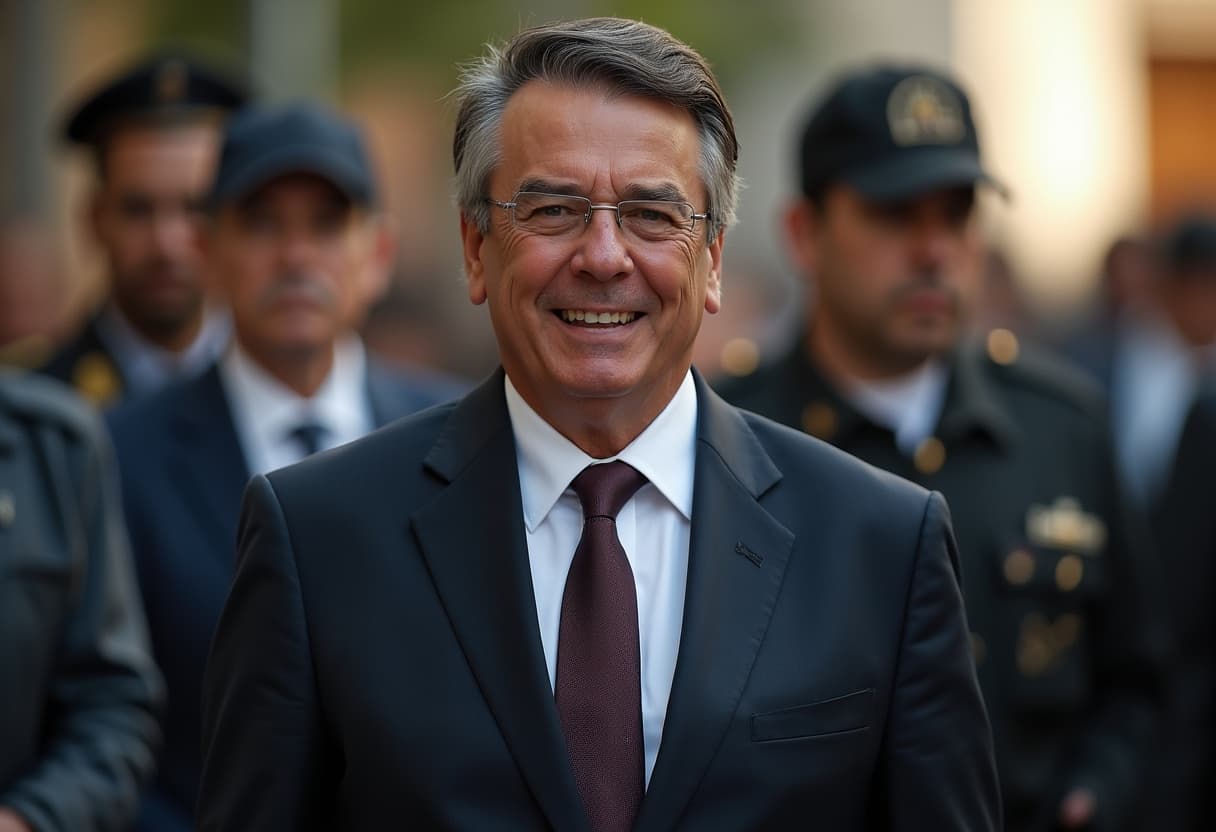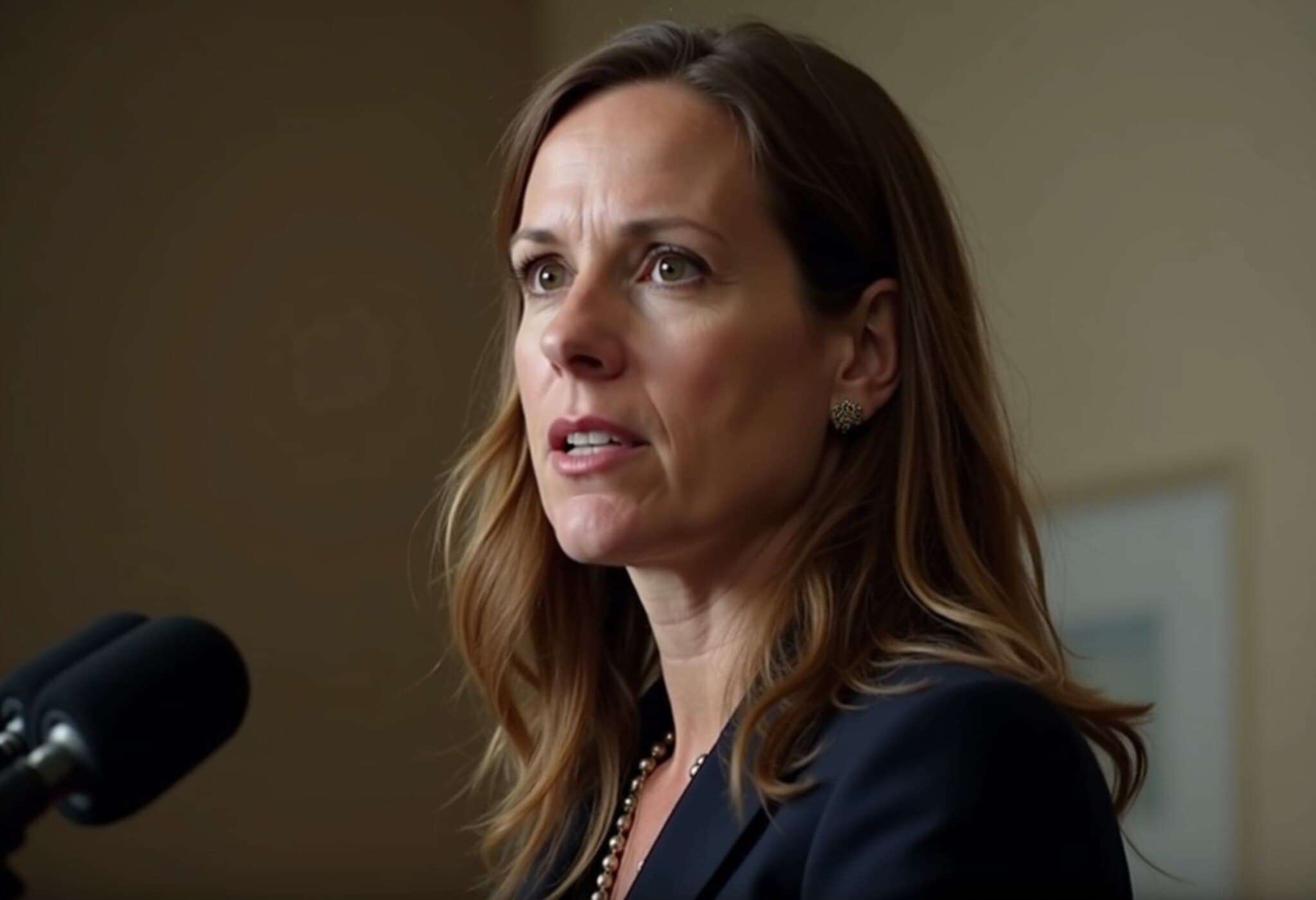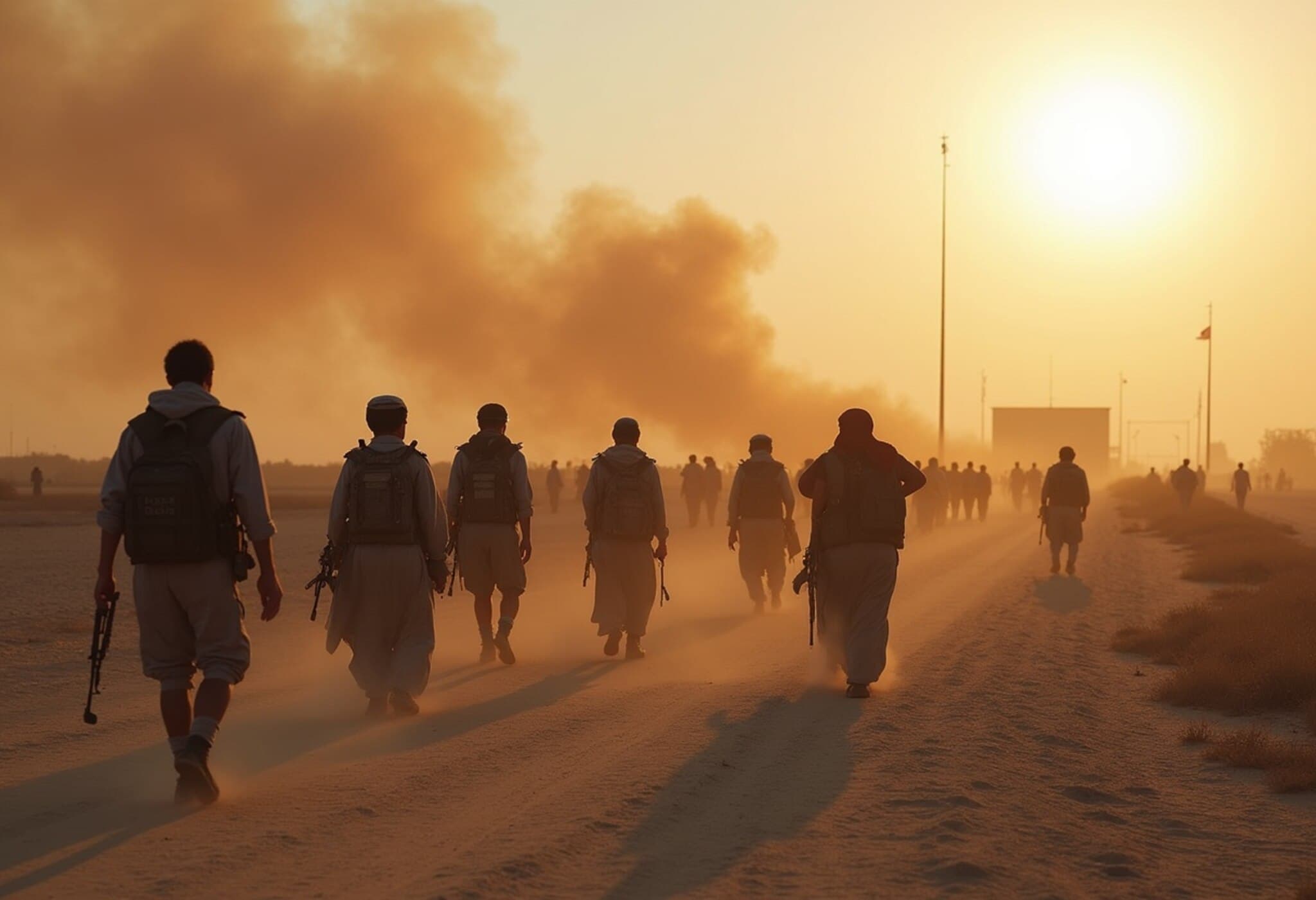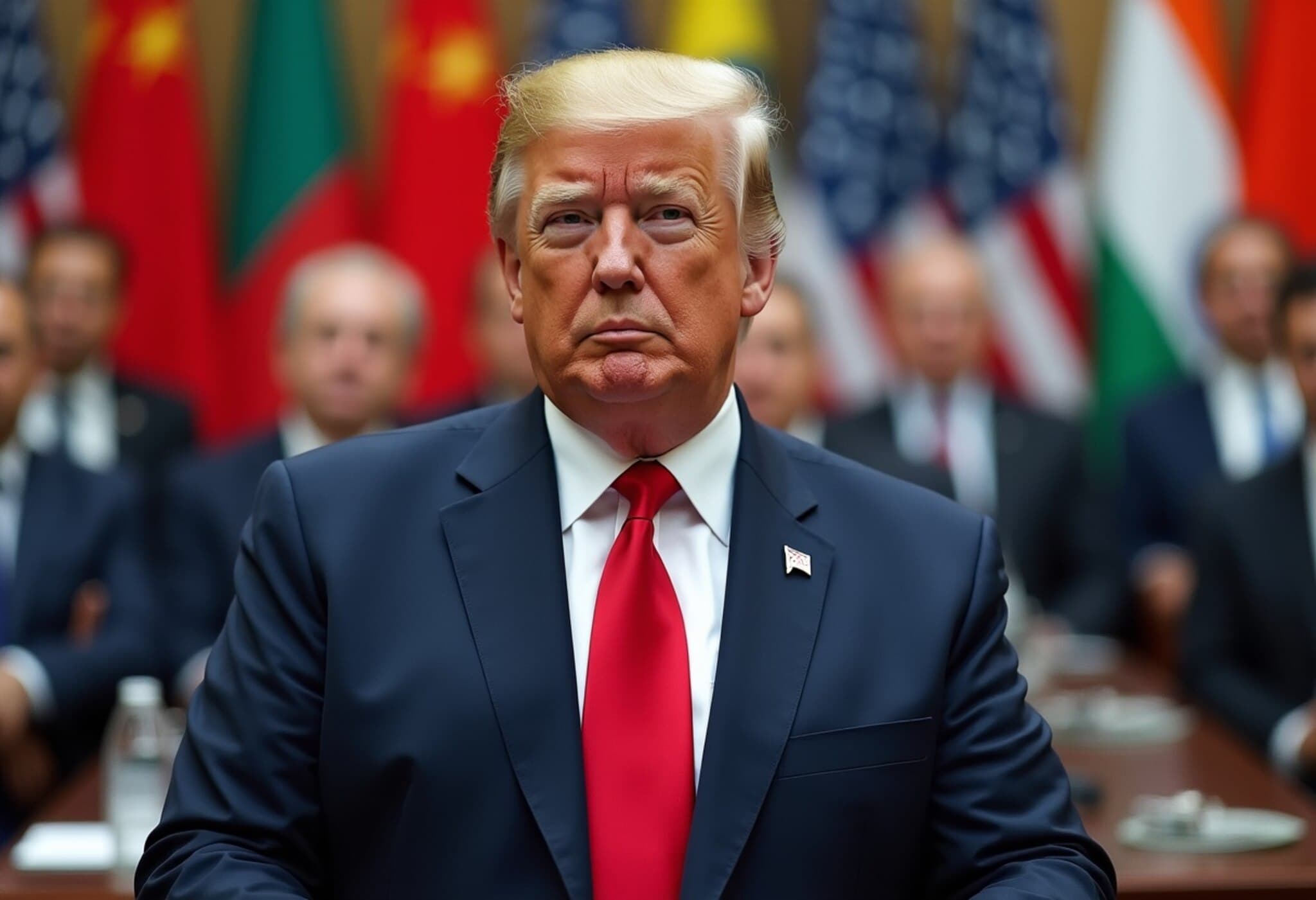Brazil’s Supreme Court Intensifies Legal Actions Against Bolsonaro
In a dramatic turn of events late July 2025, Brazil’s Supreme Court has escalated its legal case against former President Jair Bolsonaro, issuing search warrants and imposing strict restrictions that prevent him from contacting foreign officials. This intervention comes amid allegations that Bolsonaro solicited interference from then-US President Donald Trump to influence Brazil’s judiciary and political processes.
The Charges and Court Measures
Bolsonaro faces accusations linked to an attempted coup designed to obstruct President Luiz Inácio Lula da Silva’s inauguration in January 2023, a charge that casts a long shadow over Brazil’s democracy. Supreme Court Justice Alexandre de Moraes ordered Bolsonaro to refrain from communicating with foreign authorities, barred him from social media, and restricted him from visiting embassies — citing a “concrete possibility” of flight risk. Federal police have also installed an ankle monitor on him to ensure compliance.
Legal Rationale and National Sovereignty
The court’s decision highlights concerns about Bolsonaro’s alleged efforts to persuade the leader of another nation to intervene in Brazil’s judicial affairs, an action Justice Moraes characterized as a breach of national sovereignty. This stance signals Brazil’s judiciary’s firm resolve to uphold its independence despite external pressures.
Bolsonaro’s Response and Political Context
Speaking to Reuters at his party headquarters, Bolsonaro denounced Justice Moraes as a “dictator” and condemned the restrictions, describing his treatment as humiliating for a former president. Though he denied any intention to flee, Bolsonaro expressed frustration over the seizure of his passport and hinted at a willingness to meet with Trump if allowed.
He also admitted approaching the US ambassador in Brazil to discuss Trump’s threat to impose high tariffs on Brazilian products—a move seen by some analysts as an attempt to leverage economic pressure to influence Brazil’s legal outcomes.
Trump’s Intervention and Its Backlash
Over recent weeks, Donald Trump has publicly advocated ending Bolsonaro’s trial, labeling it a “witch hunt” and retaliatory judicial overreach. The US president announced tariffs of up to 50% on Brazilian goods, a tactic widely interpreted as economic coercion. In a letter posted on Truth Social, Trump urged for an immediate halt to the proceedings, framing Bolsonaro as a victim of injustice.
Broader Implications and Regional Politics
Justice Moraes’ ruling explicitly linked Trump’s tariff threats to attempts at inciting economic instability aimed at pressuring Brazil’s judiciary. This episode exemplifies the complex interplay between domestic legal processes and foreign political interference, raising alarming questions about sovereignty and democratic resilience in Latin America.
Moreover, the court prohibited Bolsonaro from contacting key political allies, including his son Eduardo Bolsonaro, who has actively engaged in US lobbying efforts. The move curtails external influence networks attempting to sway Brazil’s political landscape from abroad.
Expert Insight: Democracy Under Strain
From an expert perspective, Brazil’s situation illustrates the delicate balance democratic nations must maintain to safeguard judicial independence amid the growing reach of international political alliances. Legal scholars emphasize that such judicial assertiveness serves as a crucial bulwark against attempts to undermine constitutional order.
What Lies Ahead?
As a five-judge panel upheld the restrictive orders, Bolsonaro’s legal challenges grow increasingly complex. The evolving legal drama prompts critical questions on how Brazil and other democracies can defend against foreign meddling while preserving the rule of law.
Summary
- Brazil’s Supreme Court restricts former President Bolsonaro amid coup and foreign interference allegations.
- Justice Moraes cites risks to sovereignty from Bolsonaro’s alleged attempts to enlist US involvement.
- Trump’s response includes retaliatory tariffs and vehement criticism of Brazil’s legal system.
- The situation spotlights broader tensions between national sovereignty, foreign influence, and judicial independence.
Editor’s Note
Brazil’s judiciary is navigating uncharted waters by confronting alleged foreign interference tied to a former head of state, at a moment when global democratic institutions face unprecedented external pressures. This case compels us to reflect on the resilience of democratic norms in Latin America and the mechanisms necessary to shield judicial processes from geopolitical leverage. How will Brazil’s democracy evolve amid these friction points? And what lessons could other nations draw from this high-stakes confrontation?

